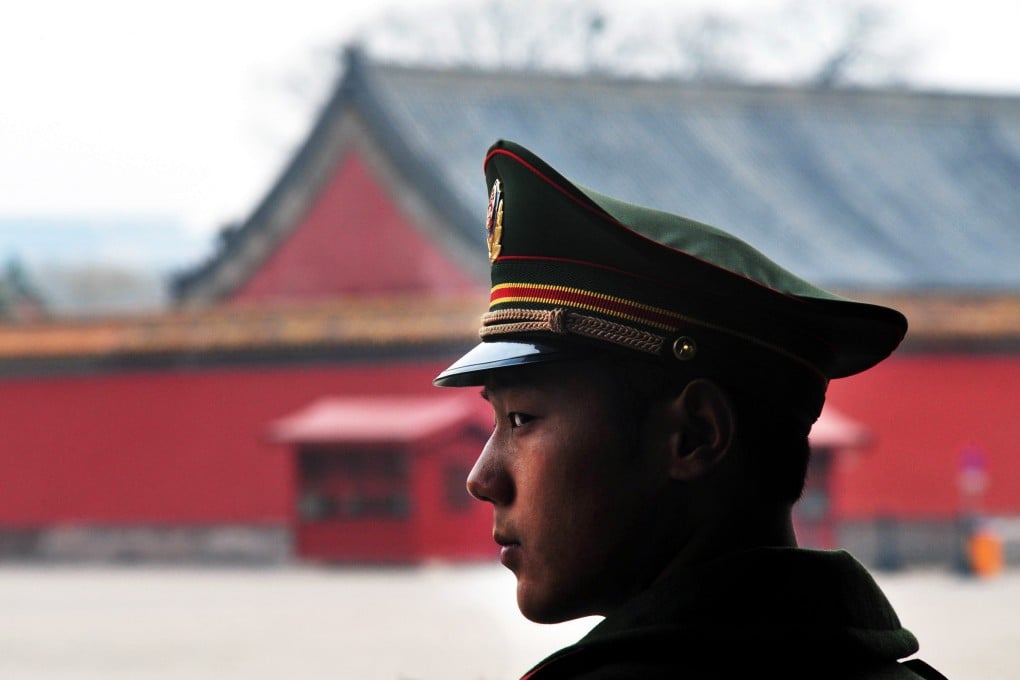China’s spy agency warns foreign groups are using consulting ‘as a cover’ to steal secrets
- Beijing says overseas consultancies have tried to steal classified state and commercial information, posing ‘major risks to national security’
- The warning comes after several international consulting companies in China were targeted in raids last year

In a post on its official WeChat account on Thursday, the Ministry of State Security said that overseas spy agencies had used consulting activities “as a cover” for their attempts to steal classified information, posing “major risks to national security”.
The article was accompanied by a six-minute video, which the ministry said was based on a real case where overseas agencies instructed a consulting company to steal classified information from a Chinese company that wanted to invest abroad.
In the video, a man travels in time to remind his past self to stay alert and avoid leaking information related to the economy, technology and military to the consultancy.
Over the past year, the state security ministry has become more active on social media to warn about the threat from foreign spies and call on the public to share information about suspicious activity.